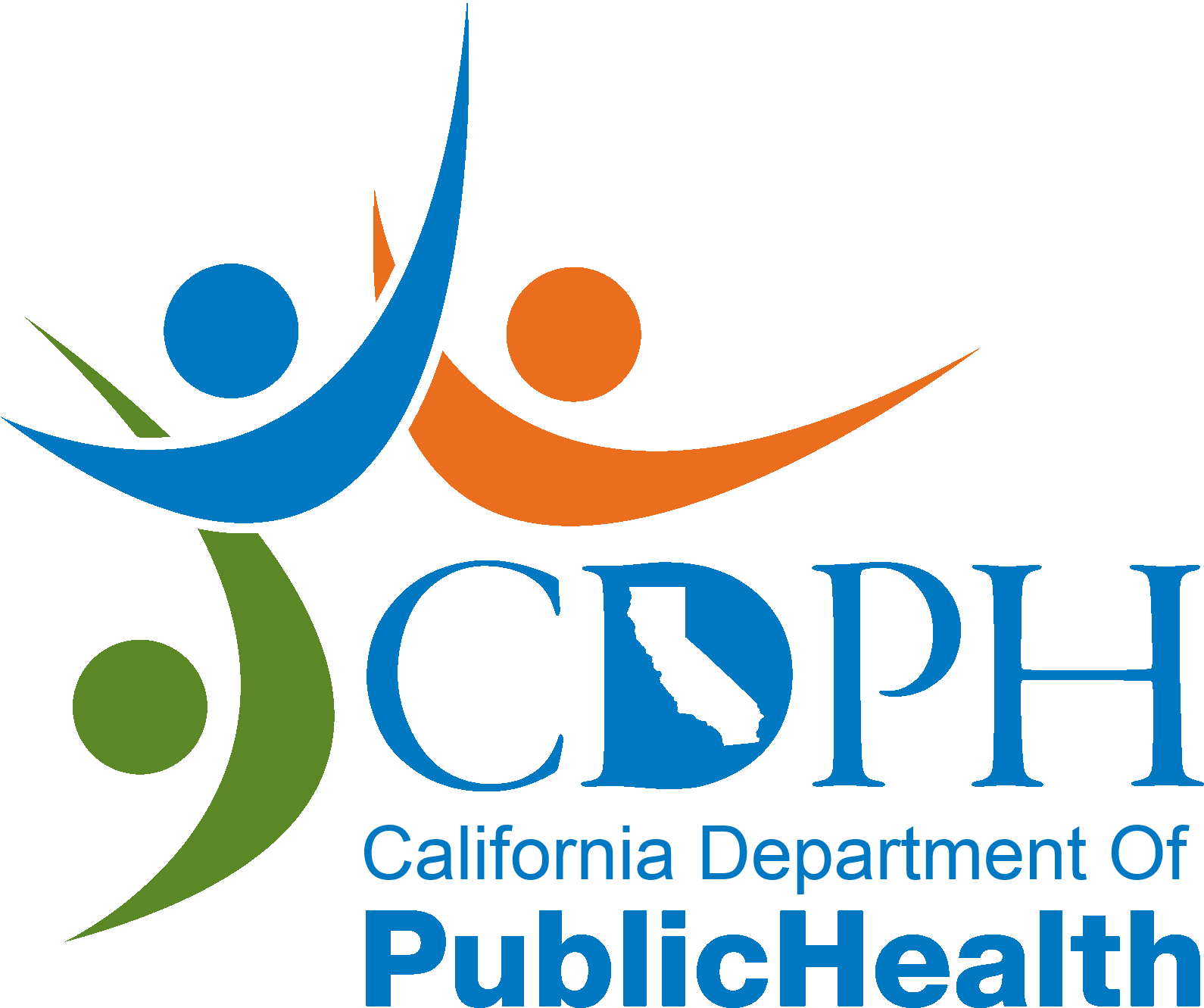It’s your future. You can protect it.
If you are sexually active and are not ready to become a parent, it is important to use birth control to protect yourself from pregnancy. It is also important to reduce your risk of getting sexually transmitted diseases (STDs), including HIV.
Condoms are the only birth control that reduces your risk of both pregnancy and STDs, including HIV. But, in order to work, condoms must be used correctly and must be used every time you have sex. It’s important to know, however, that they cannot completely protect you and your partner from some STDs, like herpes, syphilis, or human papillomavirus (HPV), the virus that causes genital warts and cervical cancer. Also, condoms can break, slip, or leak, especially if they are not put on and taken off properly.
The only sure way to prevent pregnancy and STDs is not to have sex.
Even if you or your partner is using another type of birth control, agree to use a condom every time you have sex, to reduce the risk to both of you for HIV and most other STDs. If you do have sex, use dual protection.
Remember!
- Use a condom and another form of birth control.
- Condoms must be used correctly and used every time you have sex.
- Sometimes you or your partner might not know if one of you has an STD.
Know Your Condom Do’s and Don’ts
DO
- Read all the information on the package. Know what you are using.
- Check the expiration date on the package. If it is expired, get a new package of condoms and throw away the old ones.
- Use only condoms that are made of latex or polyurethane (plastic). Latex condoms and polyurethane condoms are the best types of condoms to use to help prevent pregnancy, STDs, and HIV.
- Use a pre-lubricated condom to help prevent it from tearing. If you only have a non-lubricated condom, put a little bit of water-based lubricant (“lube”) inside and outside the condom.
- Condoms come in different sizes, colors, textures, and thicknesses. Talk with your partner and choose condoms both of you like.
DON’T
- Do not use two condoms at once.
- Do not use condoms made of animal skin, sometimes called “natural” condoms. Animal skin condoms can help prevent pregnancy but don’t work as well as latex or polyurethane condoms to prevent STDs, including HIV.
- Do not keep condoms in a place that can get very hot, like in a car. If you keep a condom in your wallet or purse, be sure you replace it with a new one regularly.
- Do not use any kind of oil-based lubricants (like petroleum jellies, lotions, mineral oil, or vegetable oils). These can negatively affect the latex, making it more likely to rip or tear.
- Do not reuse condoms.
- Do not use condoms that are torn or outdated.
Sex is a valuable part of your personhood. It’s more than a physical experience. It also affects your heart, mind, and emotions. Sexual activity begins in the brain and during sex, chemicals are released that you have no control over. These chemicals cause you to bond, commit, and feel protective over your partner. If you feel that you are not ready to handle the emotional effects of sexual activity, and how it impacts your heart and mind, you may not be ready for one. We’ve spent a lot of time in this article talking about condoms, but keep in mind… You cannot put a condom on your heart!
Options Health is a safe place where you can confidentially come and discuss sexual health, pregnancy, and relationship issues with one of our patient advocates. Feel free to contact us today to take advantage of our free services, including pregnancy testing, ultrasound, pregnancy options consultation, STD testing, and abortion aftercare. Call us or text us to schedule an appointment. We are here for you and ready to listen!
https://www.cdc.gov/teenpregnancy/teens



